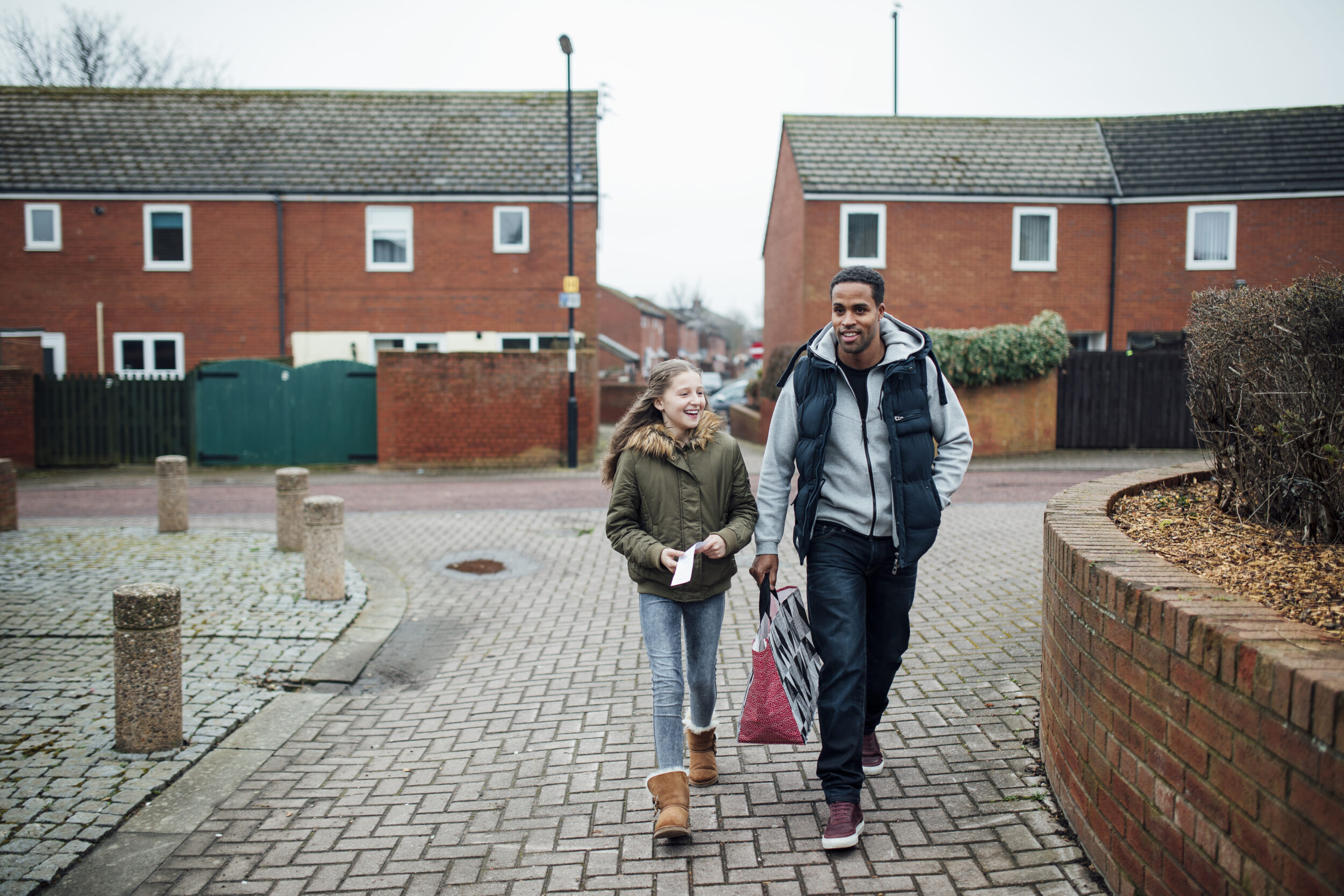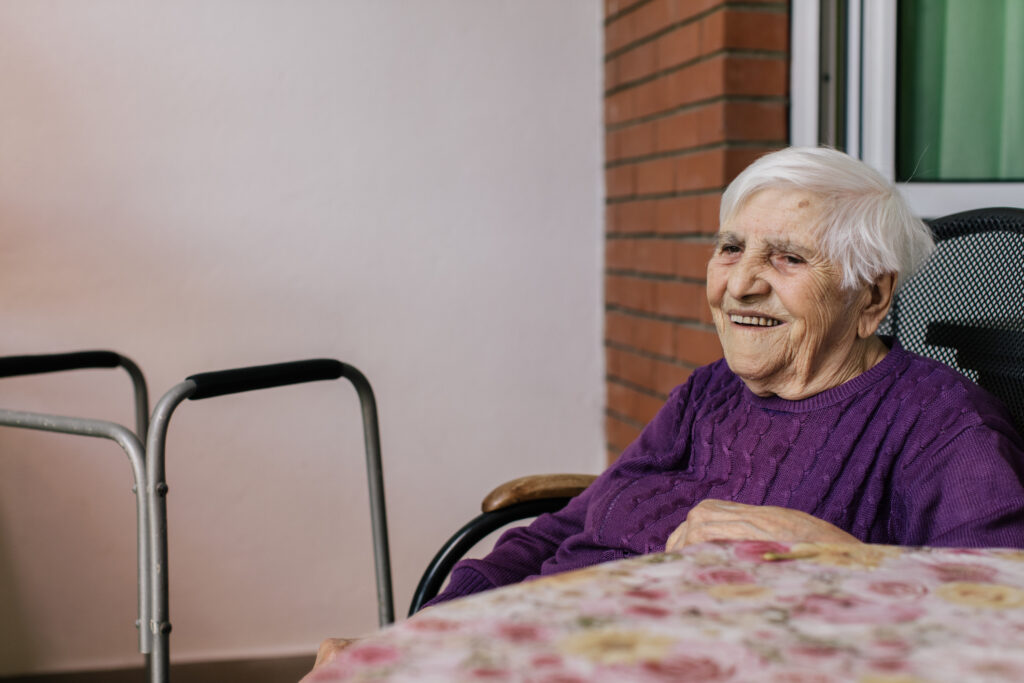
“Having a lender who understands YMCAs is really helpful”
Y:Housing helps YMCAs to keep their properties, and young people to have affordable homes. But the charity couldn’t do what it does without loan finance. Melissa Lloyd, CEO of Y:Housing, tells us more.
Why was Y:Housing formed?
YMCA England and Wales used to own a significant amount of YMCA properties across the UK, but in 2015, it decided to sell them. Local YMCAs were offered the chance to buy the properties that they managed at a reduced rate. However, many of the properties were built with a Homes England grant, meaning they could only be bought by a registered provider of housing unless the grant was paid back. So a property that would cost you £2 million to buy as a registered provider, could end up costing you £4 million.
Many local YMCAs weren’t able to become a registered provider or to raise the funds to buy their properties, so there was a risk that they’d lose the buildings to another buyer.
YMCA Blackburn was already a registered provider, and it was in the process of merging with YMCA Fylde Coast. So, YMCA Blackburn became Y:Housing – a vehicle to purchase properties on behalf of YMCAs.
Y:Housing owns the buildings, but other YMCAs manage them?
Yes. We legally own each property and are responsible for any lending on it, but we have a management agreement with the local YMCA, which continues to run the property. The YMCA pays us a service fee and covers the loan repayments. However, there’s an option to purchase agreement in place. At any point, if any of those YMCAs was to become a registered provider and wanted to buy its property back, it would only need to pay the remaining loan balance. If the loan has already been paid off, the YMCA could have its building back at no extra cost. So, the purchase price would be based on the outstanding loan balance, not the market value.
You’ve recently taken a loan out from Charity Bank to buy a property in Wellington, Shropshire. Can you tell us about that?
It’s a Grade II listed building, which was previously used as a college but stood empty for a number of years. It was owned by the council, which is doing a lot of development work nearby, including building new NHS buildings. Jessup, a local construction company, approached us with the idea of converting the college into 28 single-person units.
The area doesn’t have many move-on properties, so young people are getting stuck in supported accommodation because they don’t have anywhere else to go. By creating this move-on accommodation, which is charged at an affordable rent, young people will get their own homes and spaces will be freed up in supported accommodation.
YMCA Wellington already manages a property that we own, so it’ll take this one on too.
Could you have provided the accommodation in a different way?
We’re sometimes approached by companies who want to develop properties on our behalf and then provide them to us under management agreements. However, the management fee is usually so excessive that it doesn’t fit with our business model. We prefer to buy properties and develop them ourselves so that we’re in control. In this case, we’ve bought the leasehold and the council is retaining the freehold.
Is there any way you could have taken on the leasehold and converted the building without a loan?
No. Homes England has provided a grant to cover around 50% of the development costs, but we couldn’t raise the rest without a loan. We keep our rents as low as possible, so we’re not pulling in massive surpluses and don’t have significant reserves to draw on.
How much is the Homes England grant?
The grant funding is £2,230,400, which equates to around £80,000 per property. The grant was agreed before the loan, but we needed to be confident that we could raise the rest of the money. There’s no point getting 50% of the cost if you can’t find the other 50%.
Why did you choose Charity Bank for this loan?
We’ve got a good relationship with Charity Bank already as we had a loan from them for a development in Bolton. So, we approached Charity Bank and another lender and Charity Bank’s terms were better.
How did you find the process of applying for the loan?
Charity Bank’s loan process is easier than other lenders. I’ve got a really good relationship with one of Charity Bank’s national lending managers, Adam Ruffinato. There have been many times where I’ve come across something and gone, “Oh, hang on a minute, I just need to ask Adam.”
Is it useful to have named people at Charity Bank to speak to?
Definitely. With other banks, we’ve had a number of different relationship managers, and each time it’s like starting the relationship again, as you have to explain everything. Things get passed onto different departments or get lost, and it’s really complicated to get anything resolved. So, having someone at Charity Bank who understands the journey that we’re on is very useful, particularly when we’re dealing with such significant amounts of money.
Did you come up against many challenges?
The Wellington project has stalled a number of times. The build costs went crazy and increased the overall cost by £500,000. We couldn’t afford to increase the loan because it would have meant the project wasn’t viable. So, we went back to Homes England. They wouldn’t normally agree to increase the grant, but thankfully, they did this time due to the economic crisis.
The Bolton development has also run into several difficulties, and I recently had to go back to Charity Bank to ask for an extension to our interest-only period.
Every time I’ve had to ring Charity Bank up to say, “We need to put this on hold for now,” or “We need more time,” they’ve been really flexible and easy to deal with.
Do you think it helps that Charity Bank is used to working with YMCAs?
Absolutely. Having a lender who understands YMCAs is really helpful, because we’re not the easiest organisations to understand!
If you need a loan for your property project, please call Charity Bank on 01732 441919.
About Charity Bank
Charity Bank is the loans and savings bank owned by and committed to supporting the social sector. Since 2002, we have used our savers’ money to make more than 1380 loans totalling over £580m to housing, education, social care, community and other social purpose organisations.
Nothing in this article constitutes an invitation to engage in investment activity nor is it advice or a recommendation and professional advice should be taken before any course of action is pursued.


